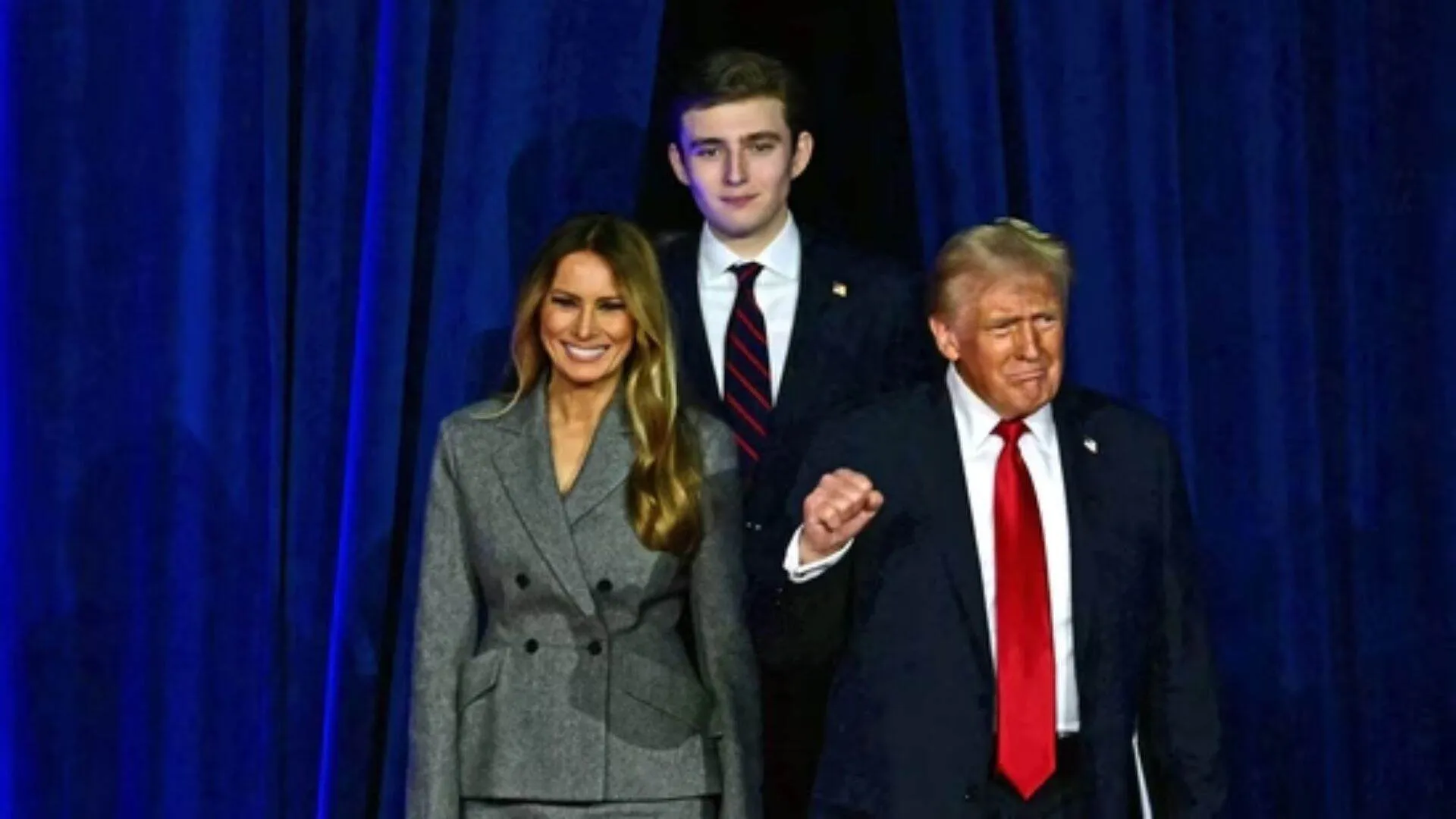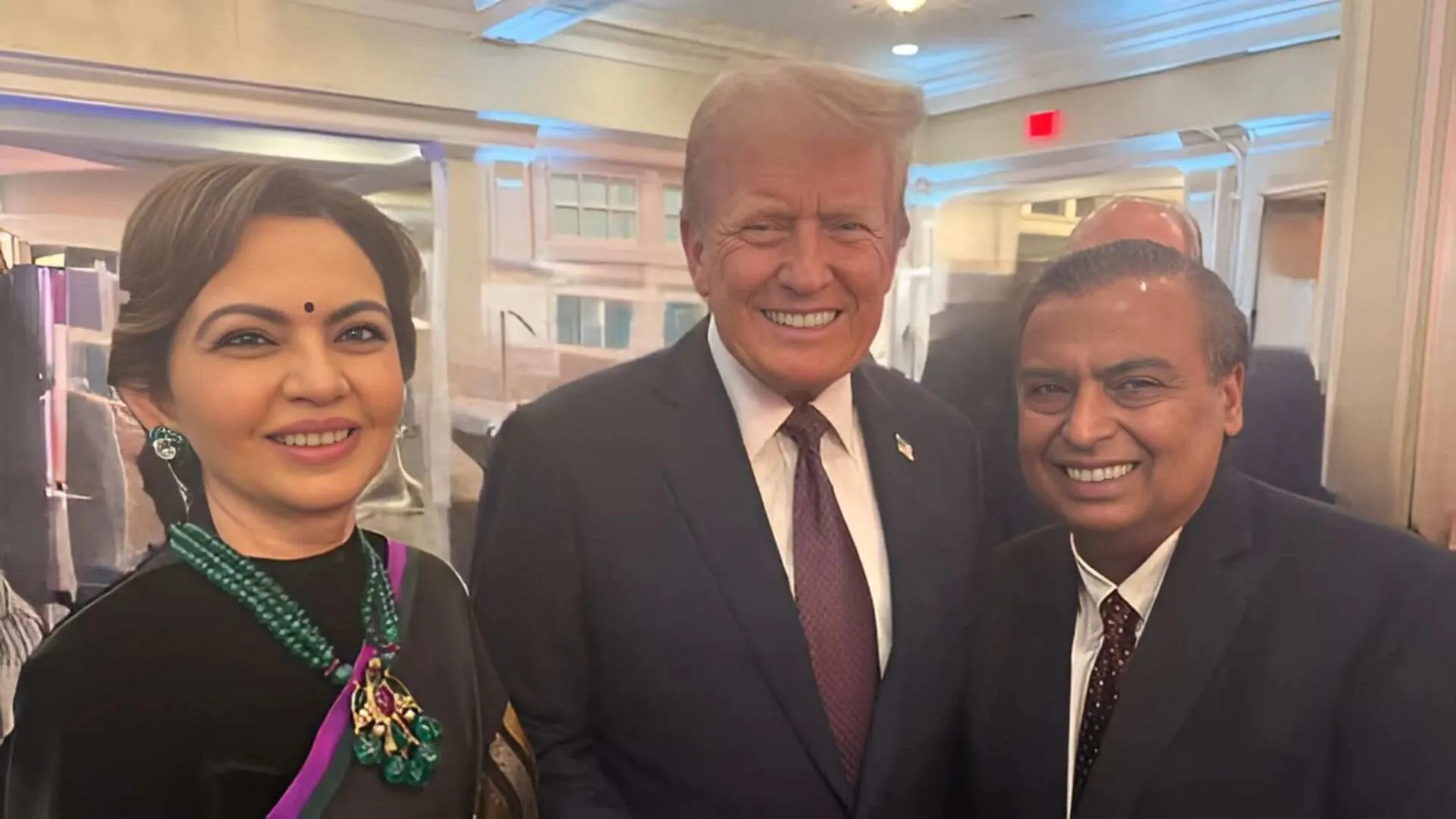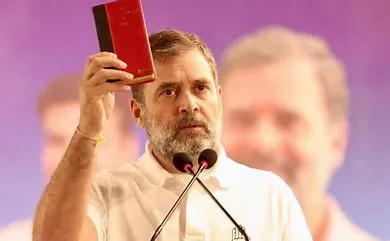To the steady rat-tat-tat of machine guns and exploding bursts of smoke, amphibious tanks slice across a lake not far from the big green mountains that stand along the world’s most heavily armed border. Dozens of South Korean and U.S. combat engineers build a pontoon bridge to ferry tanks and armored vehicles across the water, all within easy range of North Korean artillery.
For seven decades, the allies have staged annual drills like this recent one to deter aggression from North Korea, whose 1950 surprise invasion of South Korea started a war that has technically yet to end. The alliance with the United States has allowed South Korea to build a powerful democracy, its citizens confident that Washington would protect them if Pyongyang ever acted on its dream of unifying the Korean Peninsula under its own rule.
With dozens of nukes in North Korea’s burgeoning arsenal, repeated threats to launch them at its enemies, and a stream of tests of powerful missiles designed to pinpoint target a U.S. city with a nuclear strike, a growing number of South Koreans are losing faith in America’s vow to back its longtime ally.
The fear is this: That a U.S. president would hesitate to use nuclear weapons to defend the South from a North Korean attack knowing that Pyongyang could kill millions of Americans with atomic retaliation. Frequent polls show a strong majority of South Koreans — between 70% and 80% in some surveys — support their nation acquiring atomic weapons or urging Washington to bring back the tactical nuclear weapons it removed from the South in the early 1990s.
“I think one day they can abandon us and go their own way if that better serves their national interests,” Kim Bang-rak, a 76-year-old security guard in Seoul, said of the United States. “If North Korea bombs us, we should bomb them equally in retaliation, so it would be better for us to have nukes.”
Underscoring those fears: Just hours before the U.S.-South Korean tank drills began in Cheorwon, North Korean leader Kim Jong Un oversaw two ballistic missile test launches meant to simulate “scorched earth” nuclear strikes on South Korean command centers and airfields.
At the heart of South Korean unease is a broader debate over who gets to have nuclear weapons, a question that has anguished nations since two U.S. nuclear bombs flattened Hiroshima and Nagasaki in 1945. The sharp rise in support for South Korean nuclear weapons is not occurring in a vacuum. Non-proliferation experts say a vibrant global nuclear arms race shows little sign of slowing. Nine countries — the United States, Russia, Britain, France, China, India, Pakistan, North Korea and Israel — spent nearly $83 billion in 2022 on nuclear weapons, according to a recent report by the International Campaign to Abolish Nuclear Weapons. That’s an increase of $2.5 billion from 2021, with the United States alone spending $43.7 billion.
How South Korea deals with the nuclear question could have major implications for Asia’s future, potentially jeopardizing the U.S.-South Korean alliance and threatening a delicate nuclear balance that has so far kept an uneasy peace in a dangerous region.
















